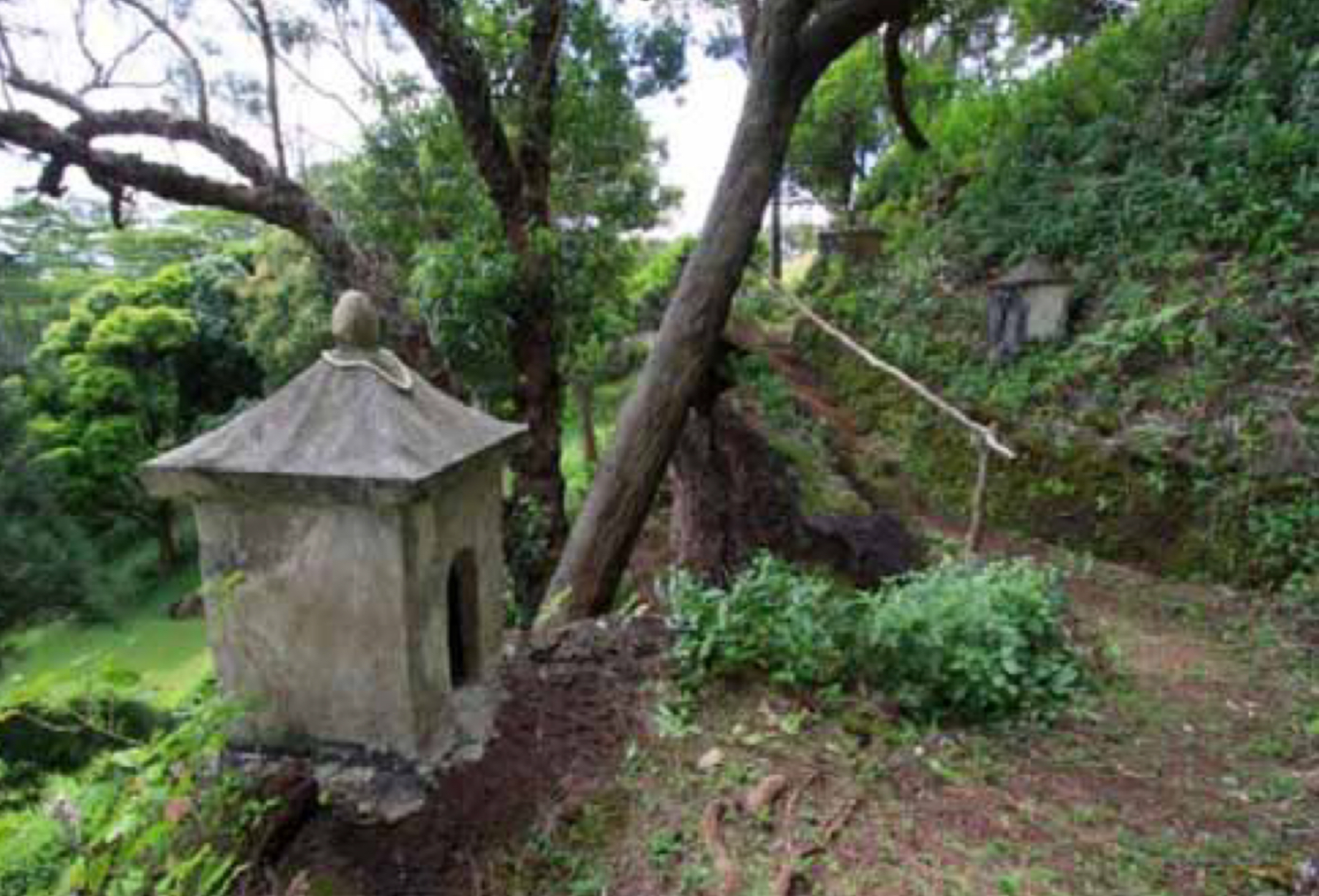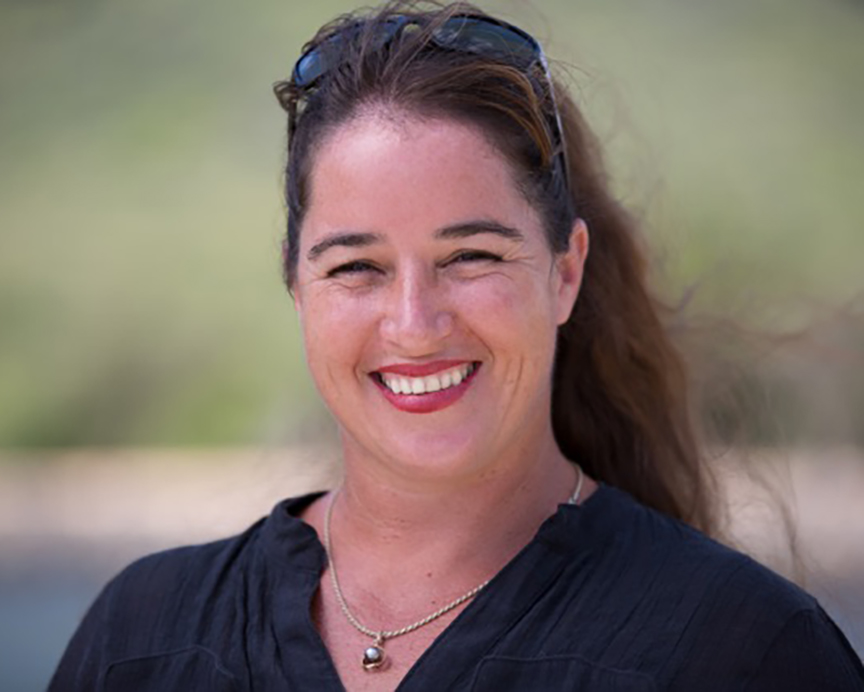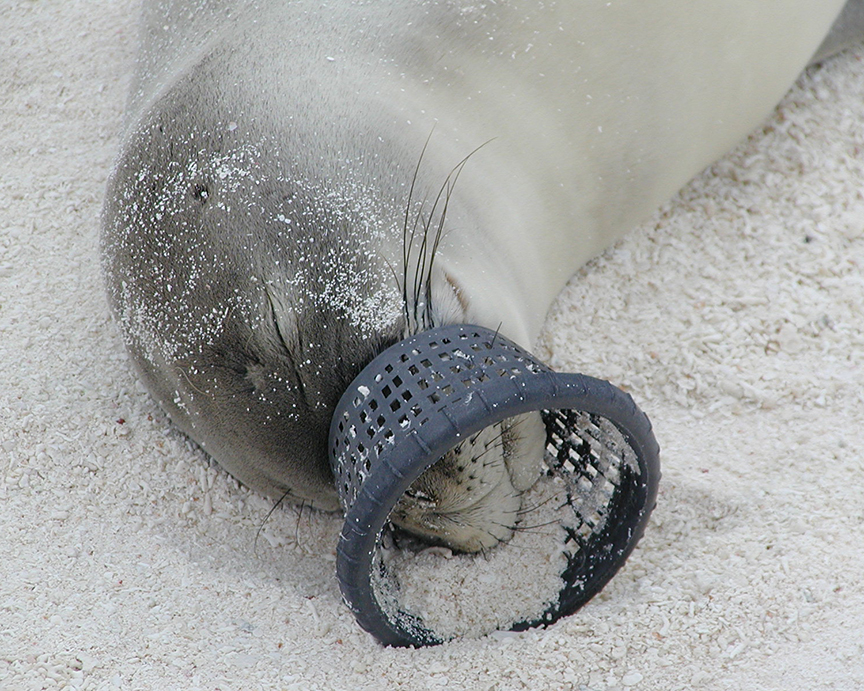
Photo courtesy of Carol Ann Davis
By Léo Azambuja
More than three decades ago, when sugar plantations were still operating on Kaua‘i, a milestone celebration of 150 years of the first commercially successful sugar plantation in the state of Hawai‘i planted the seed for one of the island’s major festivals.
“Kōloa Plantation Days is an annual cultural festival that takes place every July,” said Melissa McFerrin, event committee chair. “It is a 10-day festival, and it has over 30 events.”
During the festival, Old Kōloa Town takes a step back in time, celebrating the long-gone sugar plantation days with a parade through town, a sunset ho‘olaulea, rodeos, visits to historic sites, talk stories with kupuna, ukulele competition, lei-making, keiki fishing, live music, art classes, golf tournaments, food booths, craft fair and many other events.
“Kōloa Plantation Days provides a unique opportunity to remember the past and celebrate our community,” said Arryl Kaneshiro, president of the event’s board of directors.

Photo courtesy of Carol Ann Davis
The festival’s signature event is the Annual Historic Kōloa Plantation Days Parade, from Kōloa Elementary School to Anne Knudsen Ballpark. The iconic parade includes floats, horseback and walking units, vintage cars and decorated vehicles. Each year, participants go all-out in their costumes and decorations, and even in their choreography.
“It’s all family-friendly. Most events are inexpensive or free,” said McFerrin, adding both visitors and local residents come together from all over to enjoy the festival. “Some visitors actually book their trip a year in advance to be here during the festival.”
Many local residents, she said, don’t realize how much so many families here are connected to the plantation life. “You see things in a different light,” McFerrin said.
In 1835, Hawai‘i’s first large-scale, commercially successfully sugar plantation was established in Kōloa. The first two mills were built in 1836 and 1837 at Waihohonu Stream. In 1841, the third mill was built on the site across the street from Sueoka Store. The mill’s smokestack still stands today, and is a landmark in Old Kōloa Town. In 1913, a fourth, larger mill was built about a mile east of the third mill.

Photo courtesy of Carol Ann Davis
In 1935, a large celebration that included a parade through town honored the 100 years of Kōloa Plantation. Then in 1985, when “sugar was very much alive,” McFerrin said, the five big sugar companies from the former Hawai‘i Sugar Planters Association got together to honor the 150 years of Kōloa Plantation. It was a grand celebration with a big luau and other events attended by Gov. George Ariyoshi, his wife, Jean Ariyoshi, along with Kaua‘i Mayor Tony Kunimura and his wife, Phyllis Kunimura.
The 150-year celebration was such a success that on the following year, the Kunimuras asked the organizers for another one. Since then, the community has taken charge of the Kōloa Plantation Days, and it has become an annual event, going from a one-day festival to multiple days, with support from many businesses, organizations and the visitor industry.
“Every year we pick a theme. This year’s theme is ‘Landmarks in Time.’ And every year we have a parade grand marshal,” McFerrin said.

Photo courtesy of Carol Ann Davis
Kaneshiro said this year’s event is special because the Sueoka Store will be honored for its 100 years in business — Ernest Sueoka will be the parade’s grand marshal, with the entire Sueoka family coming out to participate. But it will also be sorrowful, he said, because it will be the first time the event will happen without “beloved” board president Phyllis Kunimura, who passed away last December.
In the festival’s first couple years, Ernest Sueoka put his time by being in charge of the luau. He retired from Sueoka Store 10 years ago, but his wife, Jan Sueoka, said he still comes to Sueoka’s Snack Shop every now and then, because it was a project he started.
Jan Sueoka said her husband will go through the parade as a grand marshal riding in a convertible, and the rest of the family — from Hawai‘i and the Mainland — will follow on a float and in a walking unit.
Sueoka Store is currently managed by cousins Wendy Kawaguchi and Rod Sueoka, who are grandchildren of store founder Mankichi Sueoka. Kawaguchi said that in the parade’s first year, it was a novelty, and a lot of fun.

Photo courtesy of Carol Ann Davis
“A lot of people turned out to watch the parade,” Kawaguchi said of the first one in 1985. “It was something special for Kōloa, because everybody met up at the park, and we had food booths, entertainment, craft fairs — and to get invited to participate in the parade, that was really special.”
For many years, however, Kawaguchi missed out on even watching the annual parade because she was usually working at the store. But this year, it will be a different story.
“Every year, we say, ‘we’re going to be in the parade, we’re going to be in the parade.’ Now, we are,” she said, laughing. “We invited all the previous employees to come and march in the parade. Some of them cannot really walk from the school to the park, so we’re going to have chairs out here, so they can sit and watch the parade, I’ll keep them company.”
Rod Sueoka will be driving the truck carrying the float during the parade. He said the Kōloa Plantation Days festival is really important for the town and its people because it keeps their history alive.

Photo courtesy of Carol Ann Davis
“We cannot forget all the people that came before us, all the plantation people. We cannot forget all that, all the sacrifices they made to get to where we are now,” he said.
Another good thing about the parade, Kawaguchi said, is that it brings all the “old timers” back to Kōloa.
“You get to see all your friends,” she said. “People come in the store, and they’re all, ‘Hi, remember me?’ and ‘Oh, you were a little kid before, you’re all grown up.’ I think that’s one of the most memorable things, it’s when people come back, because the parade is in Kōloa, they come back to their roots, visit their families, and we get to see them all.”
After 100 years of ownership and three generations of management, Sueoka Store will be taken over by new owners ABC Stores in April 2019. Their plan is to keep the same name and continue the snack shop, according to Kawaguchi.
Kōloa Plantation closed for good in 1996, but the town’s history is still alive. It’s in the old buildings, mills, monument, and in the Millionth Tree of Aloha planted by Jean Ariyoshi during the sesquicentennial celebration. But above all, it’s in the people who made the town, the people from different ethnicities who came here to work in the sugar plantation many decades ago, McFerrin said.

Photo courtesy of Carol Ann Davis
And exactly to preserve Kōloa’s history and honor the contribution of those immigrants, McFerrin, along with Phyllis Kunimura and Ada Koene, worked in a project that has recorded the memories of 55 residents who lived through the town’s changing times. Those precious snippets of Kōloa’s history will be forever preserved. Koene is still interviewing a few more Kōloa residents for the project, which should be completed soon.
Kunimura was the festival’s president for many years. McFerrin said she was a visionary, a mentor and a kindergarten teacher who planned for the day she wouldn’t be here anymore.
“She was a great believer in education and in sharing with our children, so a few years ago, she recruited some of her past students to join the (festival’s) board and get involved,” McFerrin said.
Kaneshiro, who recently became board president, was one of her students. And so was board vice president Bertram Almeida, and board secretary Broson Ho. She also brought retired teacher Cheryl Shintani to the board.

Photo courtesy of Carol Ann Davis
“She was always expanding the group to bring in the next generation, and so she really trained everyone well,” McFerrin said of Kunimura. “Her vision was, ‘I’m not going to be here forever and I want to carry on.’ I think she made an amazing job at that.”
Kawaguchi said Kunimura was a “very special person” who did a lot. She brought the entire community together for the festival year after year. She also taught kindergarten to Kawaguchi’s son.
The festival will dedicate a talk-story event to Kunimura, according to McFerrin. The organizers are also looking at how to best honor her at long-term.
“We continue to carry on,” McFerrin said of Kunimura’s legacy.
Kōloa Plantation Days opens Friday, July 20 with a rodeo at CJM Stables at 9 a.m. But on the previous weekend, there will be two pre-festival events; a Tree Tunnel cleanup and a movie screening at Po‘ipu Beach. The festival ends with a keiki ukulele competition at Keoki’s Paradise July 29.
Visit www.koloaplantationdays.com for a more information and a detailed list of events.
Discover more from ForKauaiOnline
Subscribe to get the latest posts sent to your email.

































Leave a Reply